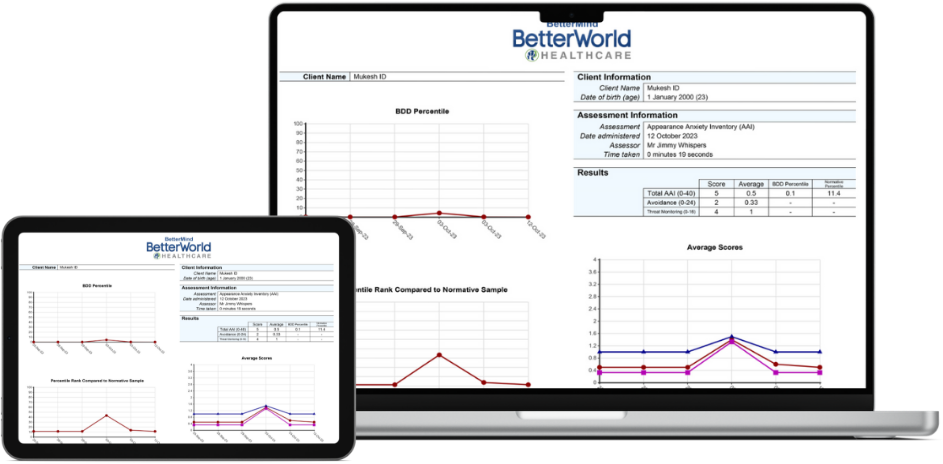Mood and Feelings Questionnaire-Self Report (MFQ-Self)
Assessments
Description
The Mood and Feelings Questionnaire (Short Version) – Self Report is a 13-item measure assessing recent depressive symptomatology in children aged 6-17 years. The MFQ-Self is self-report and asks the child to report how they have been feeling or acting in the past two weeks.
Validity
During the development of the measure Angold et al. (1995) reported convergent validity with other measures of child depressive symptomatology, like the Children’s Depression Inventory (CDI) and the Diagnostic Interview Schedule for Children (DISC). The MFQ-Self can discriminate between clinically depressed and non-depressed children in the general population. It should also be noted that the self-report version of the MFQ discriminates depression status better than parent-report, but combining the MFQ-Self with the parent-report score discriminates clinical status better than either measure alone. The present measure has a unidimensional factor structure and high internal consistency. The measure was also validated by Rhew et al. (2010) in a sample of 521 sixth grade students with an average age of 11.5. They conducted interviews with these students and determined that the MSQ-Self was able to discriminate depressed and non-depressed children with moderate accuracy. At a cut point of four, where sensitivity and specificity most closely intersected, the MSQ-Self had a sensitivity of 0.66, and specificity of 0.61. This study also provides the non-depressed sample (n = 476) and depressed children sample (n=36).
Interpretation
Scores on the MFQ-Self range from 0 to 26, with higher scores indicating greater depressive symptomatology experienced by the child. Scores are also presented as percentile ranks according to Rhew’s (et al., 2010) non-depressed sample and a depressed samples. In the original paper detailing the development of the MFQ (Angold et al., 1995), analysis of sensitivity and specificity for cut-off scores cut-off score of 8. Rhew et al. (2010) suggested a lower cut-off score of only 4.
Developer
Angold, A., Costello, E. J., Messer, S. C., Pickles, A., Winder, F., & Silver, D. (1995). The development of a short questionnaire for use in epidemiological studies of depression in children and adolescents. International Journal of Methods in Psychiatric Research, 5, 237 – 249.
Try it and see how BetterMind can enhance your practice

Support
Frequently Asked Questions
You’ve got questions, we’ve got answers. Below you can find answers to some of the most frequently asked questions. If you can’t find the answer you’re looking for, please feel free to reach out to us at info@betterworldhealthcare.com.
I can’t open test results within the Web Browser
Assessment result PDFs are opened in a new tab within the web browser. If you click the results but they do not open, your browser will be blocking the popup. To resolve this, after you have pressed the test result, look out for an alert at the top of your browser notifying you that a pop-up has been blocked, then click "Allow".
I have forgotten my password. How can I reset it?
If you have forgotten your password please press “forgot password” within the app, or on the Web Browser App login page (https://app.bettermind-app.com/login). You will receive a new temporary password via email.
Can a Practitioner access BetterMind from their Smartphone?
No, A Client /Patient can answer assessment questions on a smartphone but the Practitioners/ Users can't administer BetterMind using a Smartphone. A computer, laptop or tablet will have to be used.


